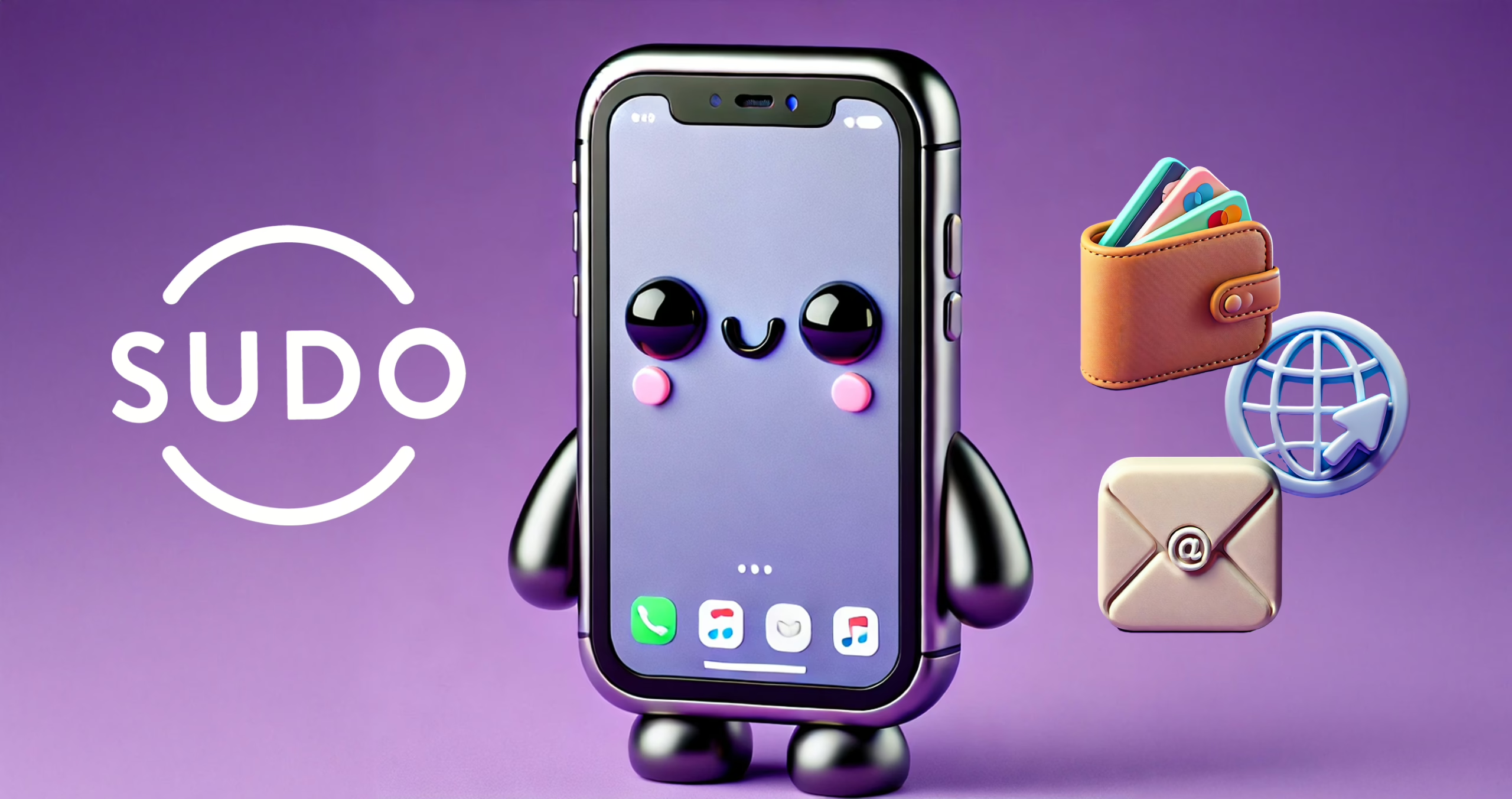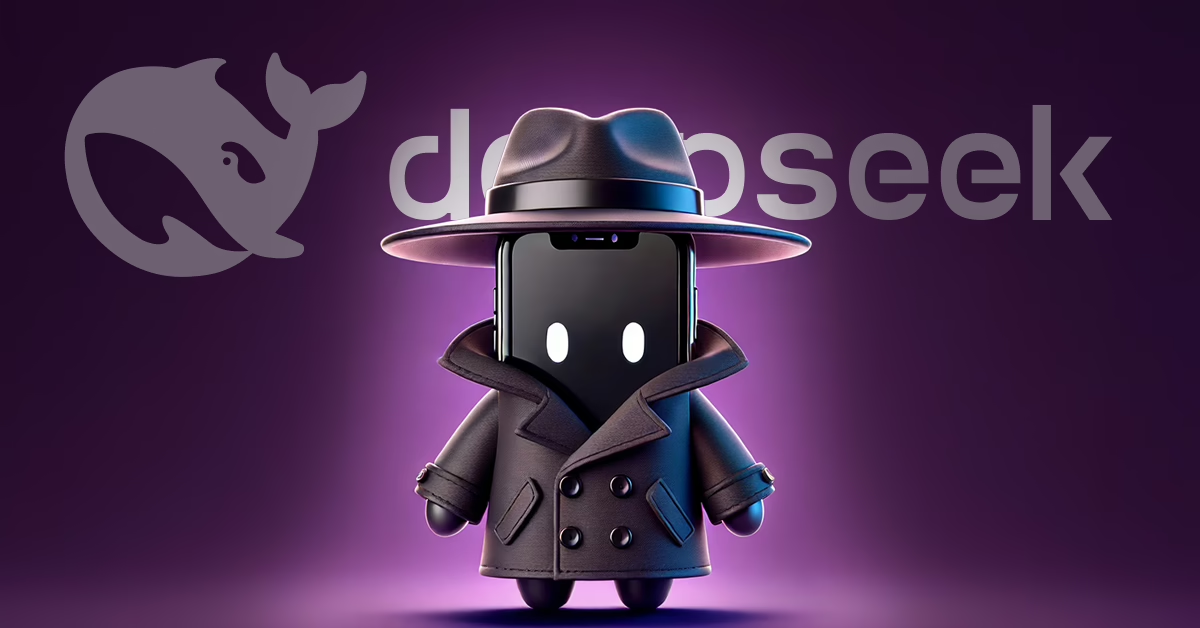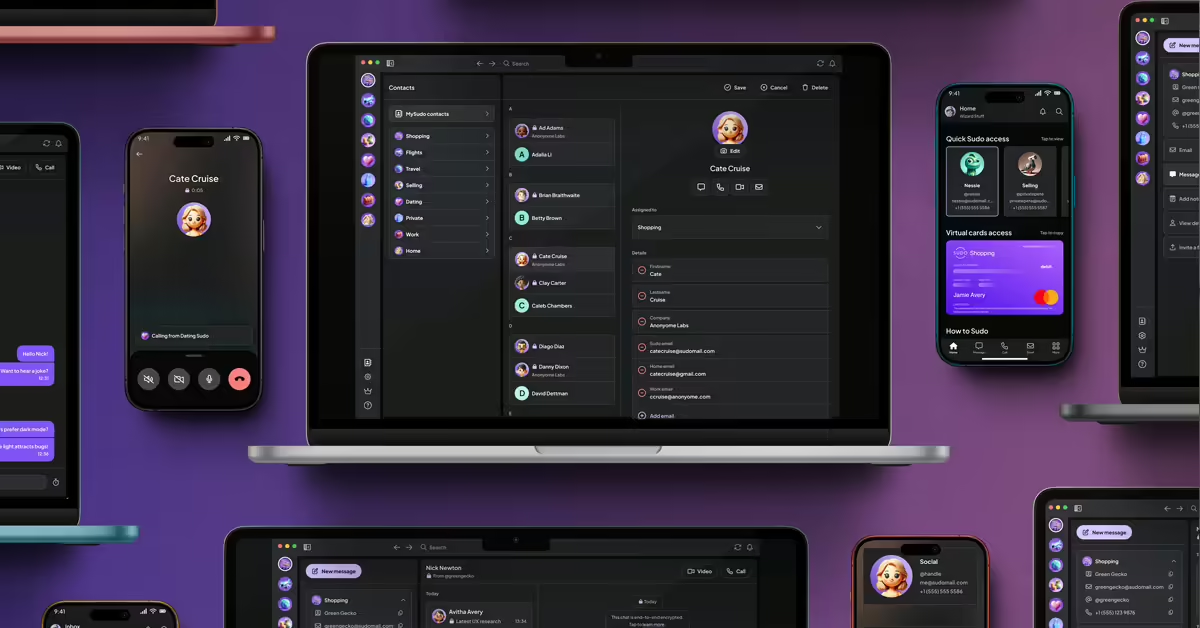If this is a question that has gone through your mind, don’t worry: you’re not alone. According to the Cisco Consumer Privacy Survey, 43 percent of survey respondents don’t believe they can adequately protect their personal data and, according to the Pew Research Center, 81 percent of Americans think the potential risks of having companies collect data about them outweigh the benefits those companies provide.
These are some scary statistics because personal privacy is something that every person should have control over. At Anonyome Labs we are devoted to providing secure solutions that address the need for privacy and cyber safety.
I’ve been working in the People department at Anonyome Labs for three years. My coworkers are privacy experts, also known as cyber security, cryptography, and privacy-by-design practitioners. When I started working at Anonyome Labs, everything about privacy was way over my head. With all this information about digital privacy constantly flooding the internet and data breaches everywhere, I didn’t know where to start to protect my own personal information. Since I work with many experts in this field, I wanted to go right to the source and get some information that could help me and anyone else who might be thinking this same thing. So, I asked my team:
“What advice can you give to someone who is concerned about privacy but isn’t sure where to start?”
Here’s what they told me:
Avoid Giving Out Your Personal Phone Number Online
A phone number is a common way to identify a person on the internet. It’s likely at some point in the past you have given your phone number to several big tech companies which all have some of your data. If a data breach occurs, it will be easy for hackers to associate your data across multiple services and steal your identity (to commit credit card fraud, for example). The more links between your personal data online, the more you are at risk of cybercrime. The alternative is to use MySudo to create a working phone number you can use instead of your personal SIM card based one.
Immediately stop giving out your personal information to websites and services. Instead, create Sudos in the MySudo app. Start with one Sudo and use that everywhere you sign up online.
Avoid Giving Away Your Credit Card Information
If I am offered PayPal as a form of online payment, I will choose it over entering my credit card, every time. I do this so that my credit card isn’t at risk of being compromised because it isn’t being stored in yet another database. Another great option is to use MySudo Virtual Cards. You can think of a virtual card as a financial avatar. It goes online in place of you and your personal credit or debit card and completes transactions without leaving your personal information. MySudo virtual cards are backed by a funding source of your choice. In addition, you can set limits so that if the card does get overcharged, the payment will be declined.
Never Use the Same Password Twice
If you use the same password on multiple services online, it’s easier for hackers of one service to access your data on all other services (your accounts become linked). If instead you use a different password on every service, you break a link between your accounts and so any data breaches have far less impact on your privacy and security.
Check to See Whether Your Personal Data Has Been Compromised
There are two ways you can check:
This site lets you enter your email address(es) to see whether any sites where you have accounts have had a data breach. If your accounts are listed, then you can go to that site and reset your password or even delete your account. This service also tells you what was stolen.
F-Secure also has some nice descriptions and sends you a report to your email address that tells you exactly what data the breach contained. After checking on whether my data/accounts have been compromised.
Those are just a few ways you can tackle the problem of protecting your own personal privacy. Follow along with our MySudo Blog for more privacy tips and information!
Contributions from: Chase Wasden, Jon St. John and Steve McCown



